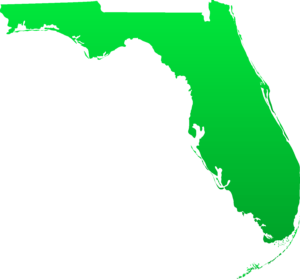(a) Judgment or Execution or Levy Stayed. When judgment is to be entered against a party, the judge may inquire and permit inquiry about the earnings and financial status of the party and has discretionary power to stay an entry of judgment or, if entered, to stay execution or levy on such terms as are just and in consideration of a stipulation on the part of the judgment debtor to make such payments as will ensure a periodic reduction of the judgment until it is satisfied.
(b) Stipulation. The judge shall note the terms of such stipulation in the file; the stipulation may be set out in the judgment or made a part of the judgment by reference to “the stipulation made in open court.”
(c) Execution. When judgment is entered and execution stayed pending payments, if the judgment debtor fails to pay the installment payments, the judgment creditor may have execution without further notice for the unpaid amount of the judgment upon filing an affidavit of the amount due.
(d) Oral Stipulations. Oral stipulations may be made in the presence of the court that upon failure of the judgment debtor to comply with any agreement, judgment may be entered or execution issued, or both, without further notice.

